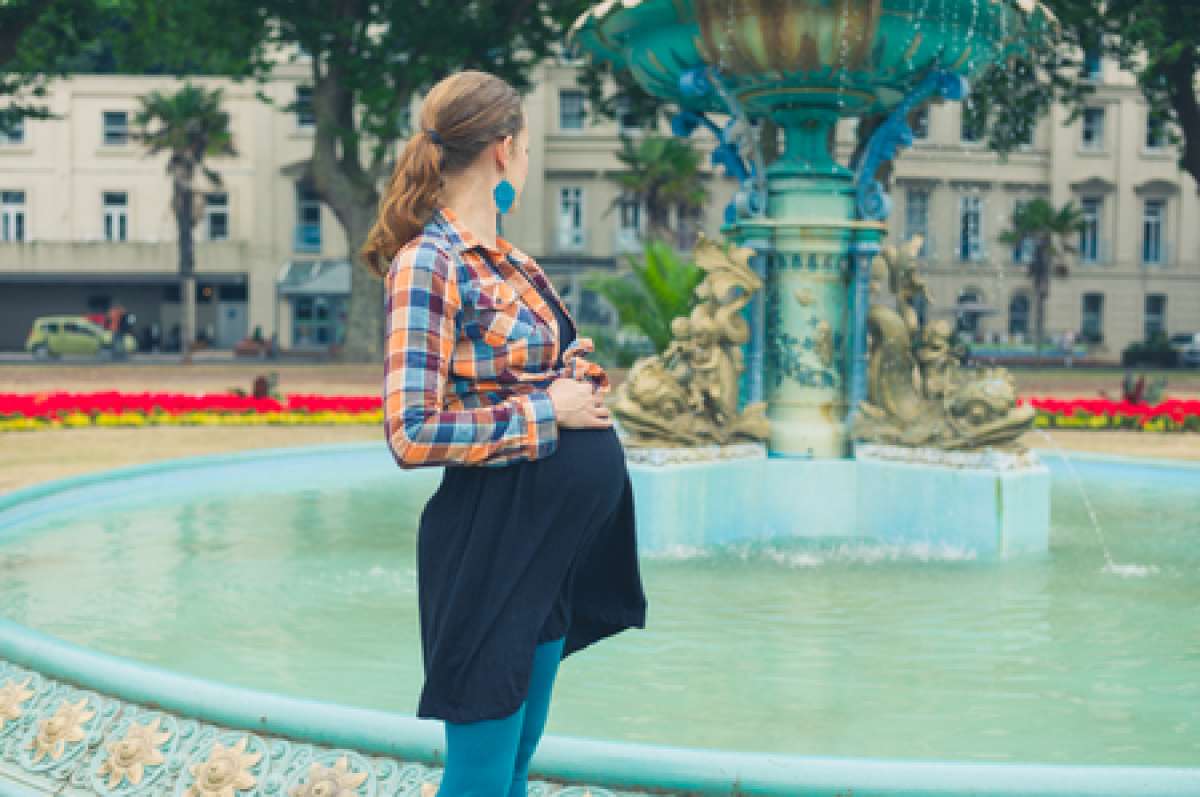Traveling in Pregnancy

In this article, you will find:
Making plans
Editor's note: Avoid travel to areas affected by Zika virus during pregnancy, and always talk with your doctor about international travel plans well in advance.
Provided your pregnancy is normal, going to faraway places is perfectly possible. However, discomforts such as extreme heat, high altitude, and makeshift accommodations may be less tolerable, and in some cases may compromise the safety of your baby.
In the first trimester, you may find that morning sickness and fatigue lessen your enthusiasm for travel. Most women feel at their best in the second trimester and this is also seen as the safest time to travel since your risk of miscarriage is low, energy levels are increased, and your due date is still some way off. After 28 weeks, the size of your belly, fatigue, and the looming birth date are likely to make home seem the best place to be.
A little extra planning is the key to successful travel in pregnancy. However tempting brochures look, think carefully before you book. How will you get there and how long will it take? Pregnancy adds to the stress of a long-haul trip. If you want to fly, check with the airline about its policy. Some require a current letter from your doctor confirming your due date and your fitness to fly after 36 weeks. This is largely because of the possibility of going into labor mid-flight.
Taking precautions
Unless you have no choice, avoid visiting countries where disease is a high risk factor. Many doctors agree that protective drugs, such as certain vaccines and antimalarial pills, are not advisable in pregnancy or when trying to conceive. Check the internet for information about an area's health hazards and local hospitals. If you have a condition such as diabetes that could cause complications, make sure you can get treatment while away.
Before you leave, try to get travel insurance. Some companies consider pregnancy a preexisting condition and won't provide coverage for your trip.
Pregnancy reduces the efficiency of your immune system, increasing your risk of an infection. When you're traveling, "stomach bugs" caused by contaminated food and water are more likely to strike.
If you're unsure about local tap water, buy bottled water (make sure the seal is unbroken) and use it when brushing your teeth as well as for drinking. Avoid drinks with ice and don't eat salads or fruit you can't peel since they may have been washed in contaminated water. A less obvious danger is fruit such as melon, which may have been injected with water to increase its weight.
Avoid outdoor stalls or cafés where food might have been prepared hours in advance. Try to find restaurants where food is freshly cooked and standards seem high. Be scrupulous about hygiene, and carry moist wipes in case hand-washing facilities are inadequate.